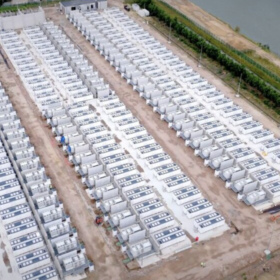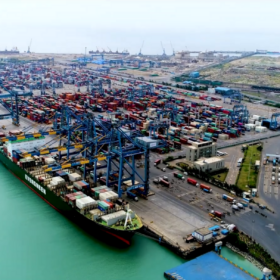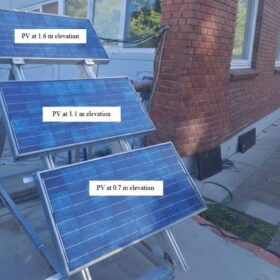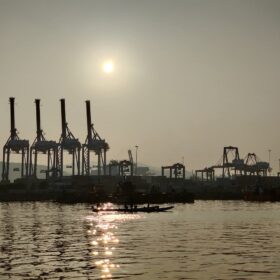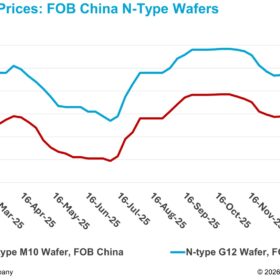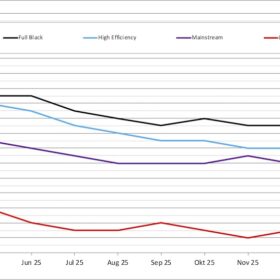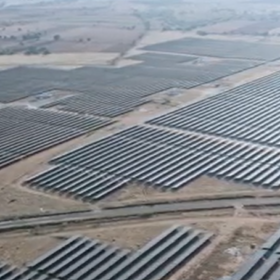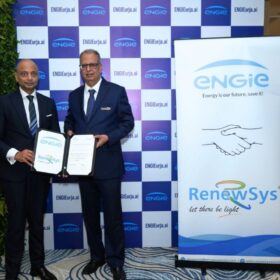Solar manufacturers downplay impact of US countervailing duties
Leading solar manufacturers say proposed US countervailing duties on Indian solar cells and modules are unlikely to materially impact their businesses.
SolarPower Europe issues due diligence guide for PV-BESS
SolarPower Europe has released new technical due diligence guidelines for utility-scale solar-plus-storage projects, covering risk, engineering and lifecycle standards for co-located PV and battery systems.
U.S government sets preliminary countervailing duties on solar imports from India, Indonesia and Laos
The U.S. Department of Commerce has issued preliminary findings that solar manufacturers in India, Indonesia and Laos benefited from government subsidies, paving the way for countervailing duties of up to 143.30%.
India’s electricity transition unfolds unevenly across states
A new report by IEEFA and Ember finds that India’s electricity transition is unfolding differently across states, shaped by variations in resource endowments, development pathways, and institutional capacities. While some states are already leading in renewable energy deployment and grid readiness, others are building momentum, presenting significant opportunities for accelerated progress through targeted, state-specific policy interventions.
The effects of solar module elevation on ground-mounted PV
Scientists in Hungary found that ground-mounted PV modules at an intermediate elevation of 1.1 m achieve the highest efficiency and power output due to improved airflow and reduced cell temperature. Their study also estimated a levelized cost of electricity of $0.0843/kWh and 577.78 kg CO₂ mitigation over 25 years, while noting results are specific to concrete surfaces.
Renewables’ share to reach 26% of total power generation by FY2026-end: Infomerics Ratings
Infomerics Ratings expects renewable energy (RE) to account for 26% of India’s total power generation by the end of FY2026, despite softer demand conditions.
India’s FY2027 budget shifts focus from renewable deployment to manufacturing, but execution challenges persist, says Wood Mackenzie
Clean energy spending rises 40% to $5 billion as government prioritises CCUS, domestic supply chains and strategic manufacturing. However, execution delays and underutilisation of allocated funds could limit the near-term impact, according to an analysis by Wood Mackenzie.
India’s blueprint for sustainable solar success
By embedding quality benchmarks into procurement and manufacturing incentives, policymakers are ensuring that India’s energy transition is durable, not disposable. The focus has moved from rapid installation to long-term reliability — a sign of sectoral maturity.
US government withdraws defense of solar tariff pause
The US Department of Justice (DoJ) has withdrawn from defending the executive order that paused certain tariffs on imported solar components, leaving private industry groups and companies to continue the appeal. The withdrawal increases legal uncertainty over potential retroactive duties tied to imports from Cambodia, Malaysia, Thailand, and Vietnam.
U.S.-India trade deal reduces solar tariffs
Tariff reductions under the new U.S.-India trade agreement lower import costs for solar modules and energy storage components. Reciprocal tariffs were effectively reduced from 50% to 18%.

